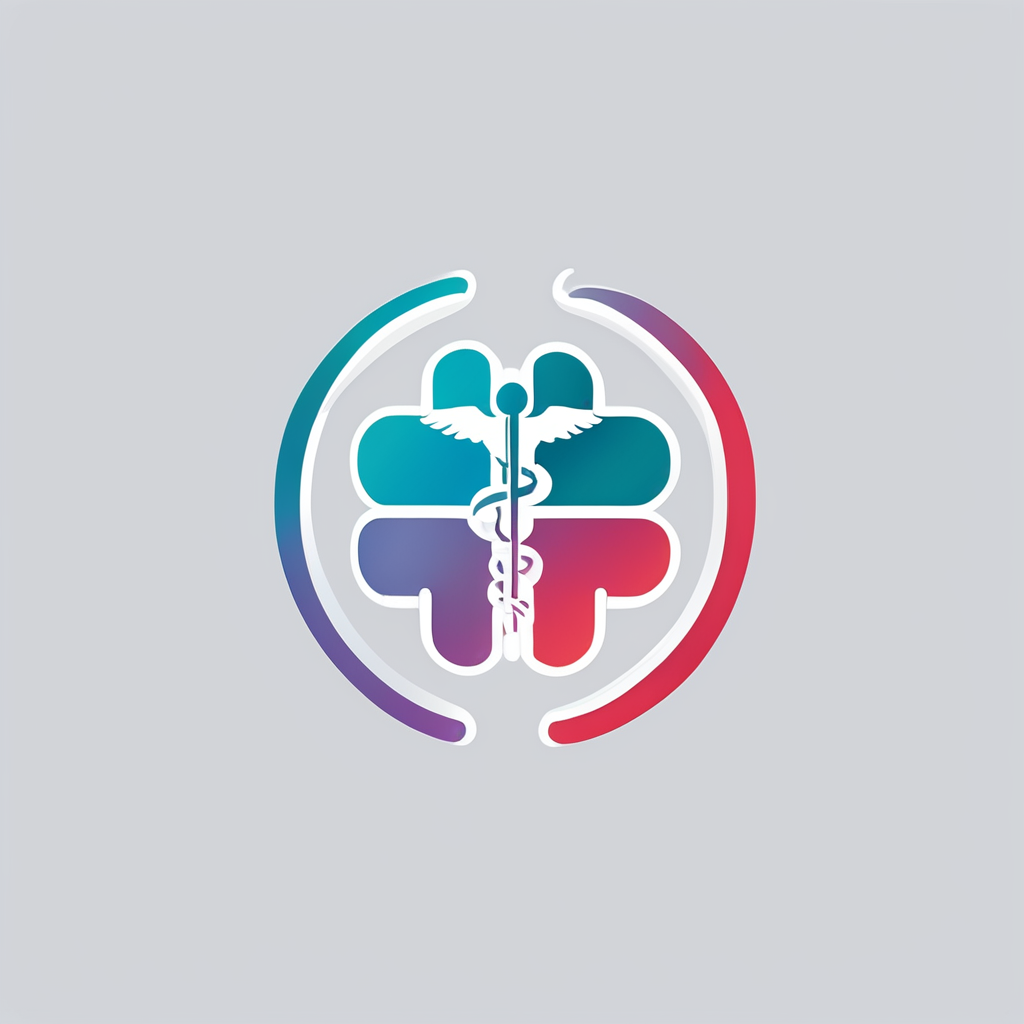Embarking on the journey of pregnancy is a transformative experience that promises new beginnings and profound changes. As future mothers, ensuring that both you and your baby thrive during this critical time is paramount. Maintaining optimal health goes beyond regular checkups and balanced meals; it includes understanding the role of prenatal vitamins. In this informative guide, we will explore key prenatal vitamins and their benefits, focusing on what every expecting woman should consider to ensure a healthy pregnancy.
Understanding Prenatal Vitamins: Why They Matter
Prenatal vitamins serve as a cornerstone of pregnancy health, providing essential nutrients that you and your growing baby need. These vitamins are specially formulated to fill any nutritional gaps that may arise during pregnancy when your body’s demands increase significantly.
Also to read : How can a pregnant woman effectively manage fatigue and energy levels throughout her pregnancy?
Consuming a well-balanced diet rich in fruits, vegetables, whole grains, and lean proteins is crucial. However, even the most nutritious meals may not provide all the necessary vitamins and minerals in adequate amounts. Here’s where prenatal vitamins enter the picture, ensuring you meet the unique nutritional demands of pregnancy.
Choosing the right supplements requires an understanding of what each vitamin offers. From promoting healthy growth and development to reducing the risk of birth defects, prenatal vitamins play a pivotal role. The key components often include folic acid, iron, calcium, Vitamin D, and DHA, which work synergistically to support both maternal and fetal health.
Also to see : What are the most common pregnancy complications, and how can they be prevented?
The Power of Iron: Supporting Vital Functions
Iron is a critical component of prenatal vitamins, and for good reason. When pregnant, your body requires double the amount of iron to produce more blood for you and the baby. This increased demand can lead to iron deficiency, which is why supplementation is crucial.
Iron supports the development of the placenta and fetus by ensuring an adequate supply of oxygen to both. It helps to prevent anemia, a condition that can lead to fatigue, weakness, and increased birth complications. Women with anemia during pregnancy are at a higher risk of delivering prematurely and having low-birth-weight babies.
To enhance iron absorption, consider pairing iron supplements with Vitamin C-rich foods. This simple dietary tweak can make a significant difference in your body’s ability to utilize iron efficiently. Furthermore, maintaining proper iron levels not only benefits your health but creates an optimal environment for your baby’s growth.
Calcium and Vitamin D: Building Strong Foundations
Calcium and Vitamin D are essential allies in prenatal supplements, working together to build the backbone of your baby’s developing skeleton. They are integral to ensuring that your baby has strong bones and teeth.
During pregnancy, your calcium needs increase as your baby begins to develop their bones and teeth. If your diet lacks sufficient calcium, your body will draw from your bones, potentially weakening them over time. To prevent this, prenatal vitamins often contain calcium to support both your and your baby’s needs.
Vitamin D works by enhancing calcium absorption, ensuring that the nutrient reaches its intended destination. A deficiency in Vitamin D can lead to poor bone development and increase the risk of complications. Making sure you receive adequate sunlight exposure and consuming fortified foods alongside your prenatal vitamin can safeguard against this.
Incorporating a calcium-rich diet, complemented by Vitamin D, ensures a strong foundation for your baby’s future, while also maintaining your own bone health.
The Role of Folic Acid and DHA: Brain and Nervous System Development
Folic acid is one of the most crucial prenatal vitamins, playing a pivotal role in preventing neural tube defects such as spina bifida and anencephaly. This B-vitamin is vital during the early stages of pregnancy when the baby’s brain and spinal cord are forming.
Expecting mothers are typically advised to begin taking folic acid supplements even before conception and continue through the first trimester. The recommended daily intake is at least 400 micrograms.
DHA, an omega-3 fatty acid, complements folic acid by supporting the brain and eye development of the growing baby. It contributes to cognitive and visual progression, paving the way for a healthy brain function post-birth.
Incorporating foods rich in DHA, such as fatty fish, and taking supplements when necessary, can offer profound benefits. The synergy between folic acid and DHA sets the stage for a robust neurological development, offering peace of mind as you await your baby’s arrival.
Navigating the world of prenatal vitamins may seem overwhelming, yet it is a worthwhile endeavor to ensure the health and well-being of both you and your baby. By embracing a well-rounded supplement regimen that includes iron, calcium, Vitamin D, folic acid, and DHA, you are laying the groundwork for a smooth pregnancy and a healthy start for your baby.
While prenatal vitamins are indispensable, they complement, not replace, a balanced diet. Consulting with a healthcare provider can further tailor your intake to meet your specific needs. Remember, each pregnancy is unique, and so are its nutritional requirements.
As you embark on this exciting journey, arm yourself with the knowledge of these essential nutrients, and transform your pregnancy into a healthy, fulfilling experience. Your commitment to understanding and utilizing prenatal vitamins will pave the way for not just a healthy pregnancy, but a thriving family life.











